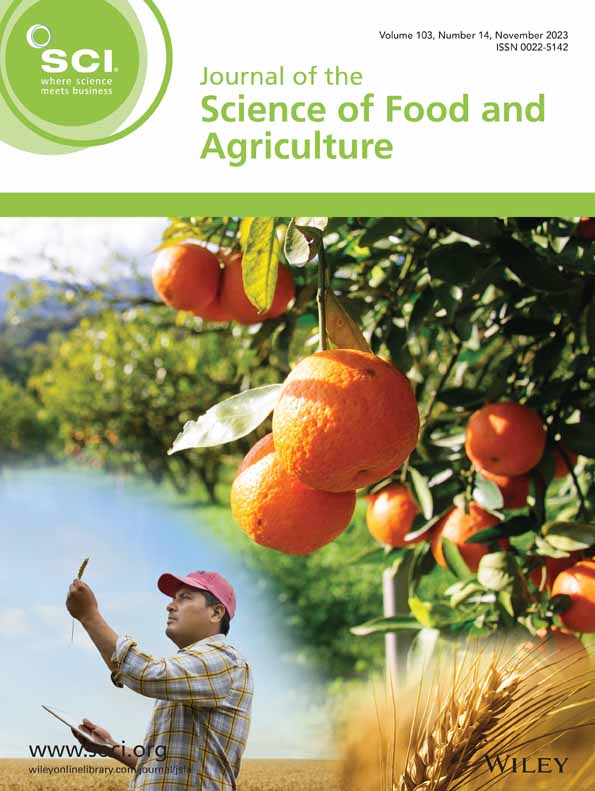
Glucosamine, chondroitin sulfate, quercetin glycosides effective in treating knee OA

Glucosamine, chondroitin sulfate, quercetin glycosides effective in treating knee OA
Effect of a dietary supplement containing glucosamine hydrochloride, chondroitin sulfate and quercetin glycosides on symptomatic knee osteoarthritis: a randomized, double-blind, placebo-controlled study
J Sci Food Agric. 2012 Mar 15;92(4):862-9. doi: 10.1002/jsfa.4660. Epub 2011 Oct 3Did you know you're eligible to earn 0.5 CME credits for reading this report? Click Here
Synopsis
40 patients suffering from knee osteoarthritis (OA) were randomised into two groups to either receive a dietary supplement containing glucosamine, chondroitin sulfate and quercetin (GCQ), or a placebo. At 16 weeks, results indicated that the supplement was effective in the relieving knee joint pain without the presence of adverse effects associated with its use.
To view the full content, login to your account,
or start your 30-day FREE Trial today.
FREE TRIAL
LOGIN
Forgot Password?
Explore some of our unlocked ACE Reports below!

Learn about our AI Driven
High Impact Search Feature
Our AI driven High Impact metric calculates the impact an article will have by considering both the publishing journal and the content of the article itself. Built using the latest advances in natural language processing, OE High Impact predicts an article’s future number of citations better than impact factor alone.
Continue



 LOGIN
LOGIN

Join the Conversation
Please Login or Join to leave comments.